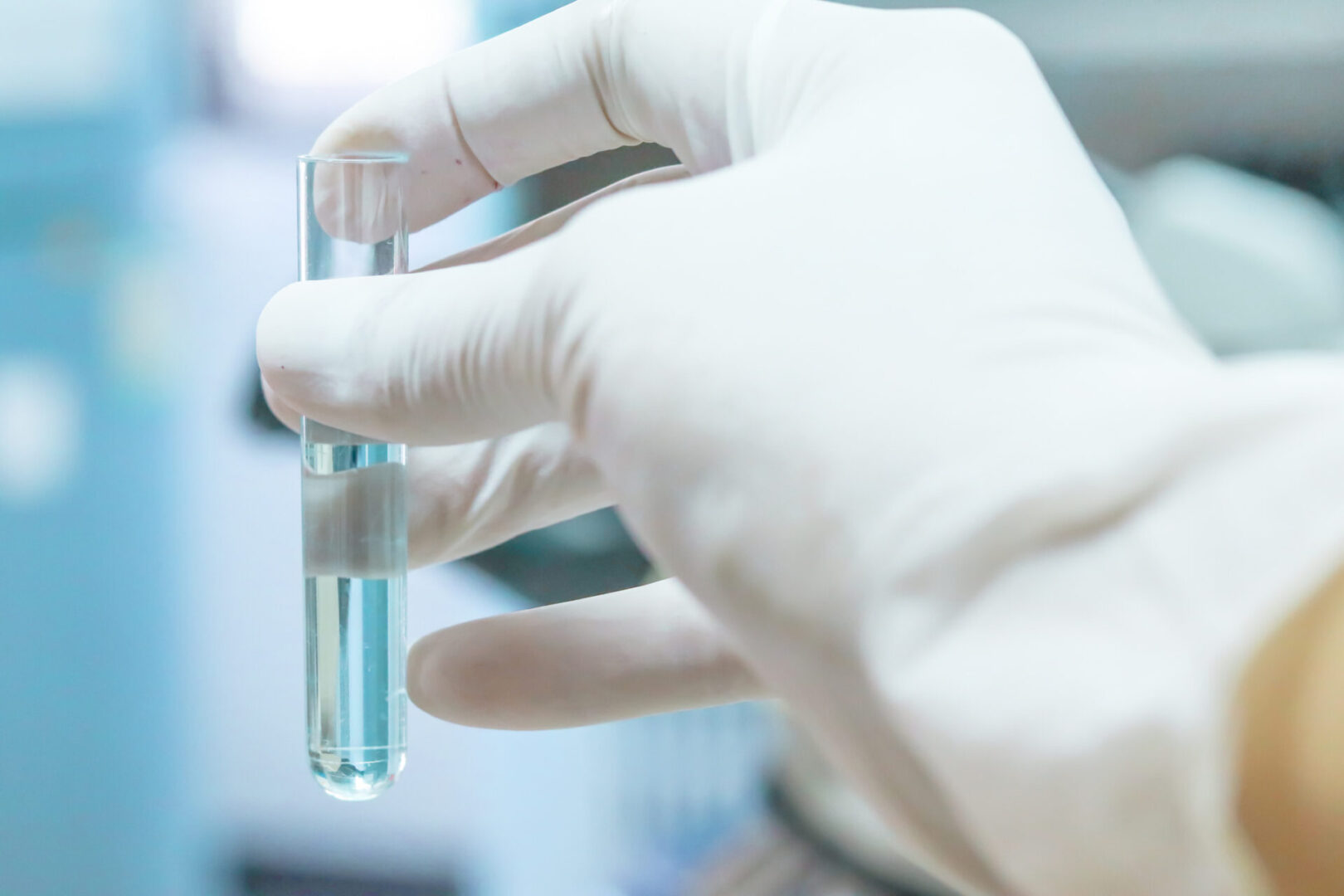Mold
Mold is a natural part of our environment in Florida, so you will never be 100 percent free of all molds in your home.
There are many mold strains that can cause damage to your home and can cause serious negative health effects. The two most commonly recognized "black molds" are Stachybotrys chartarum and Aspergillus niger; both are considered toxic due to the mycotoxins they produce and are often referred to as "toxic black mold" when found in homes.
Mold spores are nearly always present inside and outside your Florida home. The problem arises when these spores begin to multiply. Once the mold has found a sustainable food source inside your home (i.e. drywall or wood), the colony will grow, putting out increasingly more spores into the air.
Since the colony is enclosed within your home, your indoor air quality will continue to worsen as the spores multiply exponentially. Eventually, it becomes severe enough to cause the negative health problems mentioned earlier.
All of this can happen behind your walls, without you seeing any visible mold.
Unfortunately, the hot, humid weather that makes Florida such a dream location also makes it a prime breeding ground for mold.
Florida homeowners are often terrified by the thought of “black mold” infesting their home and causing a host of structural and health problems. But just because a mold is black in color doesn’t mean that it’s “toxic black mold.”
Here in Florida, homes will always have mold spores in the air. Mold is present throughout the State of Florida; it is impossible to keep all of those spores from entering your home.
If you suspect a mold problem, you can have a professional perform an air quality test to compare the mold levels in and outside of your home. Mold remediation services are not typically recommended unless mold testing indicates significantly more mold spores inside the home than outdoors.

You should call Integrity Inspections if:
- You are smelling a musty smell,
- Your home has had recent water damage
- You are seeing spots on the cabinets, wood, and drywall
If you have good reason to suspect there might be mold in your home, call a professional mold inspector as soon as possible to perform an air quality test and confirm the presence of mold in your home.
The first step in a mold home inspection should be an Indoor Air Quality test to determine what possible mold strains are present in the home.
Not all mold is toxic black mold, despite the color. A visual inspection alone will not indicate how dangerous mold growth is. Only mold testing can accurately identify the specific strain of mold in your home.
Your mold inspector will also look for signs of mold, past mold growths that could become active again, or areas with signs of moisture (such as previous water damage) that could lead to a future mold problem.


Thermal imaging and a moisture meter are common tools I use for detecting the presence of moisture that will lead to a mold problem. If you smell a musty odor but have not had any recent water damage, thermal imaging can be used to determine if there is a hidden leak inside your walls that could be feeding the mold.
A mold inspection must follow strict requirements to get an accurate reading of the air quality inside your Florida home. Don’t trust this process to just anybody. The typical mold inspection cost ranges from $250-500, depending on the size of your home.
Only professional mold remediators should be trusted to handle mold removal.
Professional mold remediation is expensive and takes quite a bit of time so the best method is to prevent mold from growing in the first place.
It’s also important to ensure that entry points to the outdoors, such as windows and doors, are sealed properly to keep moisture from entering your home.
It is important to keep your humidity levels in your conditioned space as low as possible. Running the AC is very important in Florida.
If your home has an musty smell; If you are experiencing persistent headaches, sinus problems; or you have had water intrusion; you should call a mold inspector.
Give us a call today at (941) 650-4267 to schedule your mold inspection today.

Radon
Florida Department of Health collects radon test reports from state certified radon testing companies. About 1 in 5 radon tests made in Florida are found to be elevated. Elevated radon levels have been reported from all regions of the state. Ultimately the only way to tell if your home has a radon problem is to test for it.
Radon testing is the surest way to determine if radon levels exceed the set limit. We offer professional home environmental testing services for radon to help you make an informed decision. We provide documentation on radon levels in your home, school, or business.
What are the health effects associated with radon?
The Surgeon General has warned that radon is the second leading cause of lung cancer, and the leading cause of lung cancer among non-smokers in the United States. Lung cancer would usually occur after prolonged exposure (10-25 years). Note that radon is the leading cause of lung cancer among non-smokers.
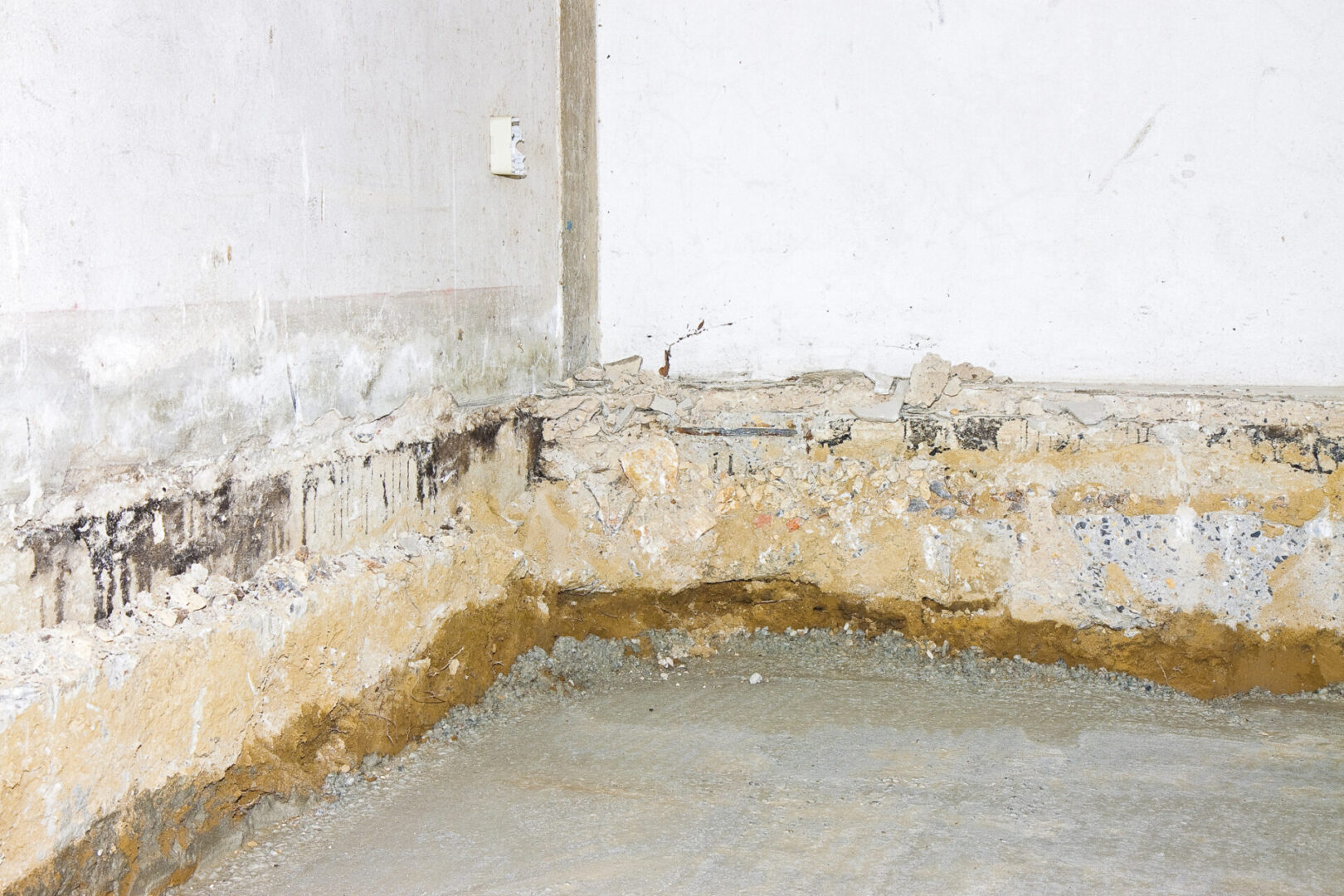
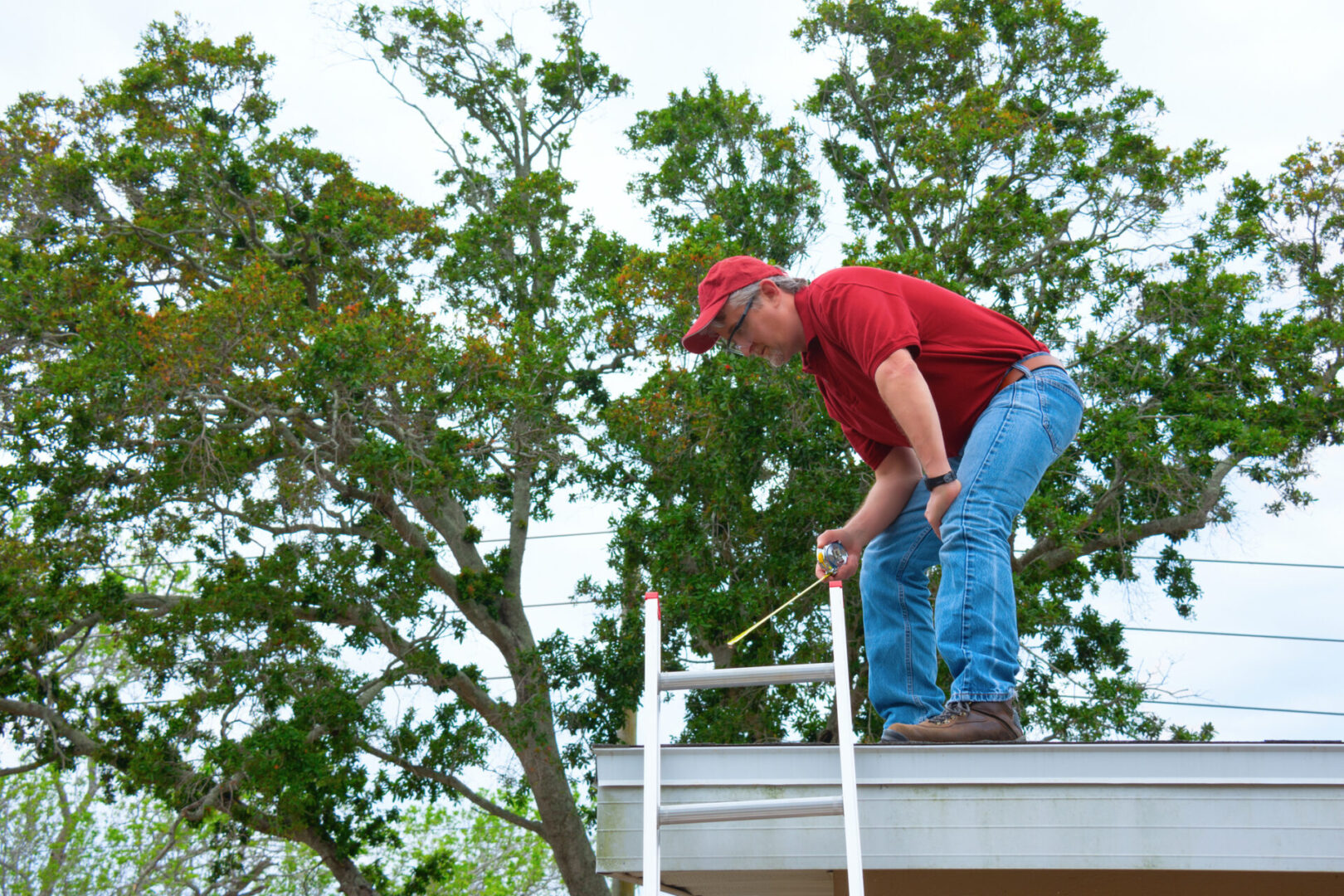
Wind Mitigation
Wind mitigation involves strengthening your property to withstand high winds, especially during severe weather events like hurricanes or tornadoes. This process includes securing the roof to the walls to prevent uplift during strong winds, fastening loose objects that could become hazardous projectiles, and installing storm shutters on windows and doors for added protection. Proper wind mitigation not only safeguards your property but may also lead to insurance discounts.
Four Point Insurance Reports
A Four Point Insurance Report is a specialized inspection often required by insurance companies when applying for homeowners' insurance. This report evaluates four critical systems in a home: the roof, electrical system, plumbing, and HVAC. By assessing the condition and potential risks associated with these systems, insurers can determine whether a home qualifies for coverage and what the premium should be. It’s an essential step in securing insurance for older homes.
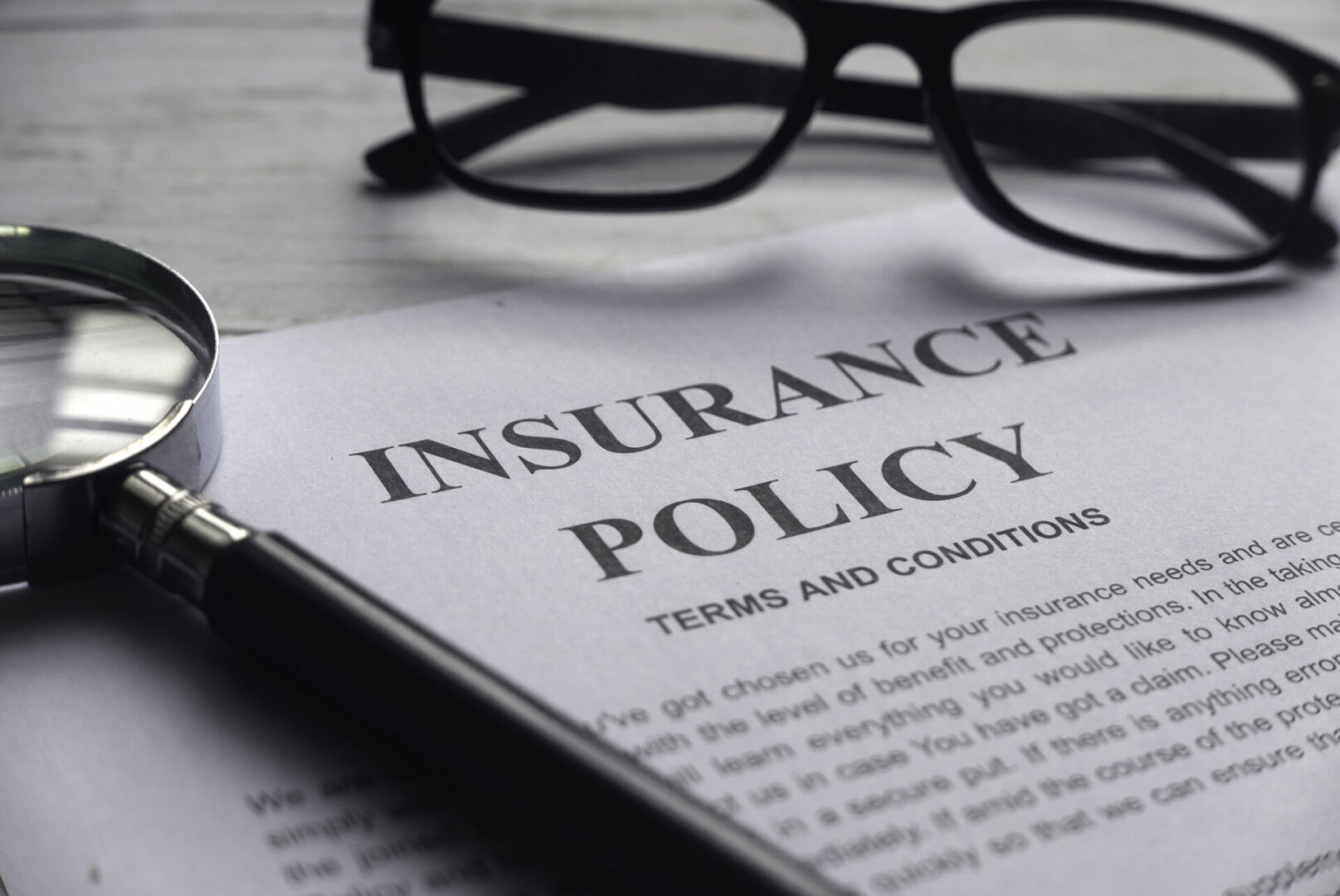
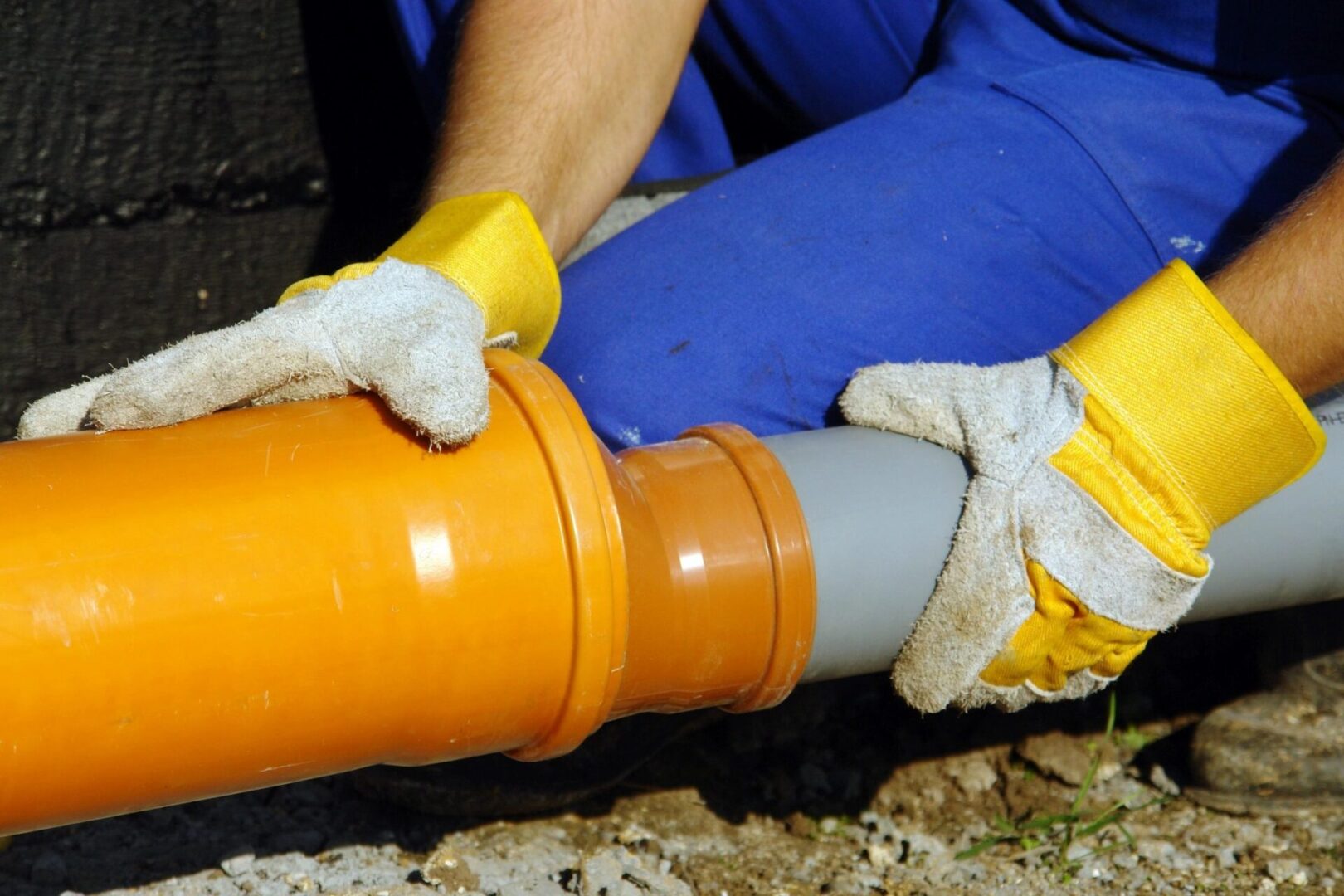
Sewer Line Scopes
Sewer line scoping involves inspecting a property’s sewer system using a specialized camera inserted into the pipes. This process helps identify blockages, cracks, corrosion, or other damages that could lead to costly repairs. Typically conducted by a professional plumber or inspector, sewer line scopes are highly recommended during home inspections, especially when buying or selling a home. This proactive measure can help avoid unexpected expenses from hidden sewer issues.
Thermal Imaging
Thermal imaging is an advanced inspection technique used to detect hidden issues within a property. This technology identifies temperature variations in walls, ceilings, and floors, which can indicate moisture intrusion that could lead to mold growth. It’s also valuable for spotting insulation deficiencies, electrical problems, and HVAC inefficiencies. Thermal imaging provides a non-invasive way to uncover potential issues before they become major problems.
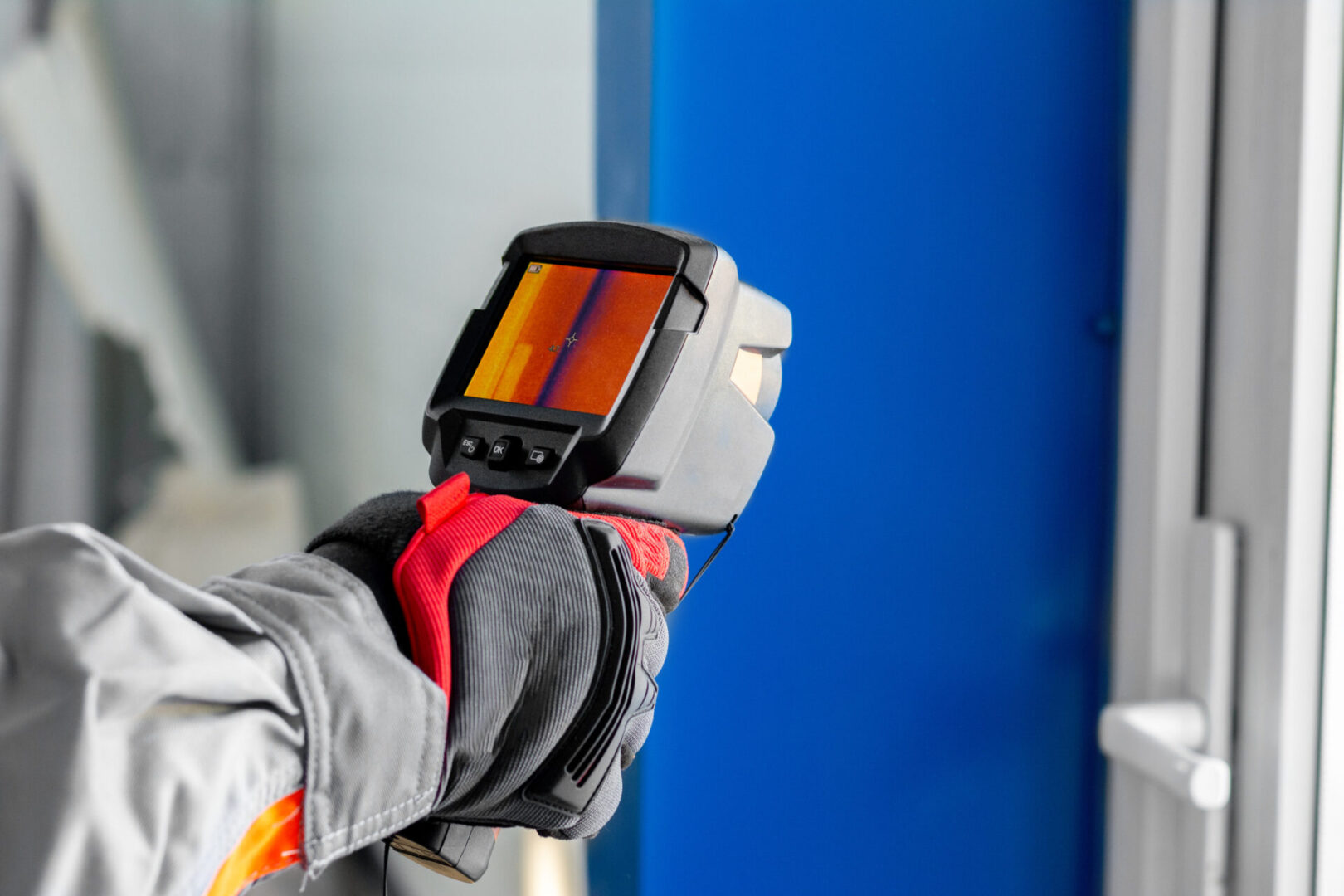
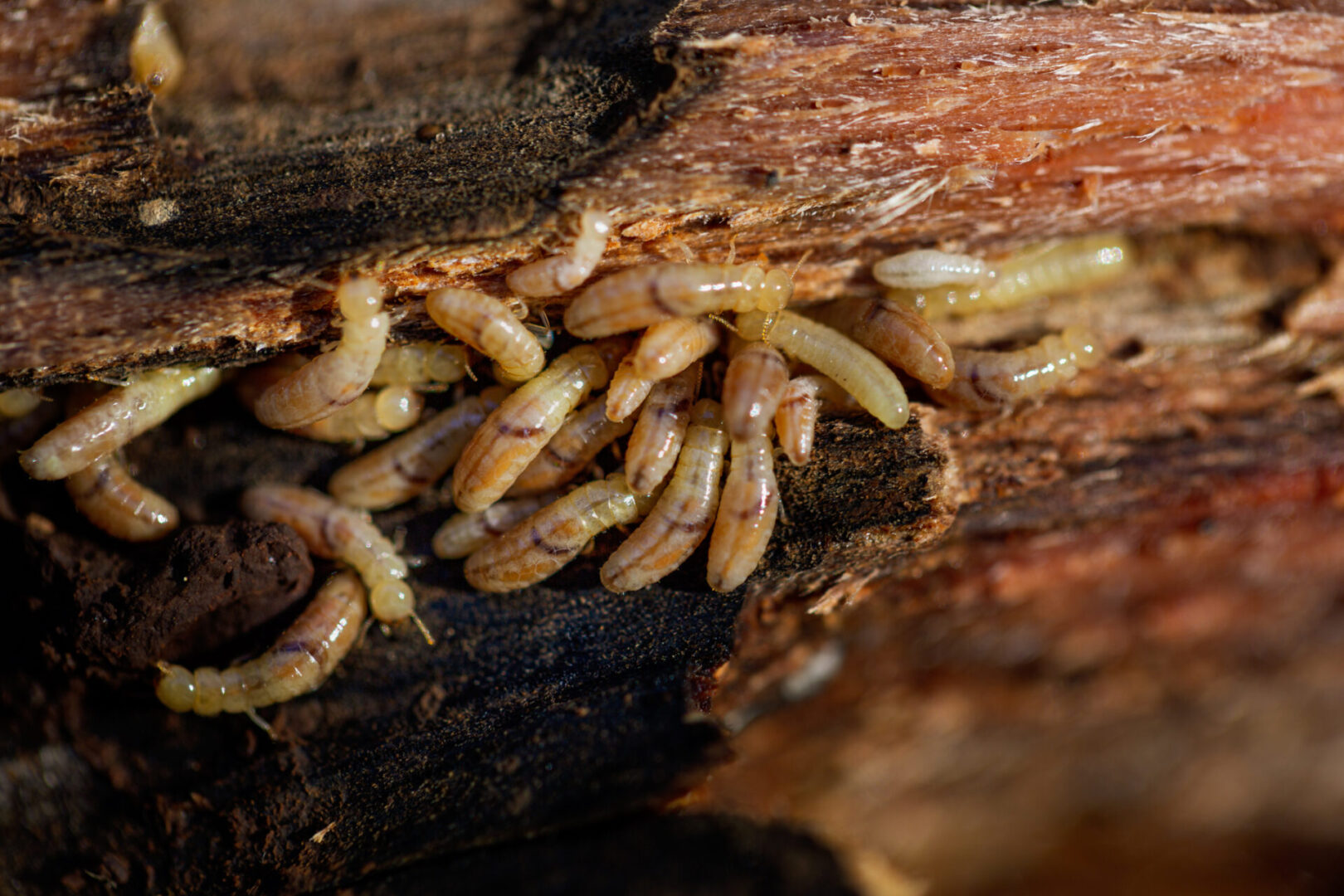
Wood-Destructive Organisms
Wood-destroying organisms, such as termites, carpenter ants, and certain fungi, pose a serious threat to the structural integrity of buildings. These organisms feed on the cellulose in wood, causing damage that can compromise the safety of a property if left untreated. Regular inspections for wood-destroying organisms are crucial in preventing extensive and costly structural repairs.
Water Testing
Water testing is the process of analyzing a property's water supply to ensure its safety and quality for various uses, including drinking, bathing, and irrigation. This testing measures parameters like pH, hardness, and the presence of contaminants or pollutants that could pose health risks. Ensuring clean, safe water is essential for the well-being of the home's occupants and can also impact the property’s value.
